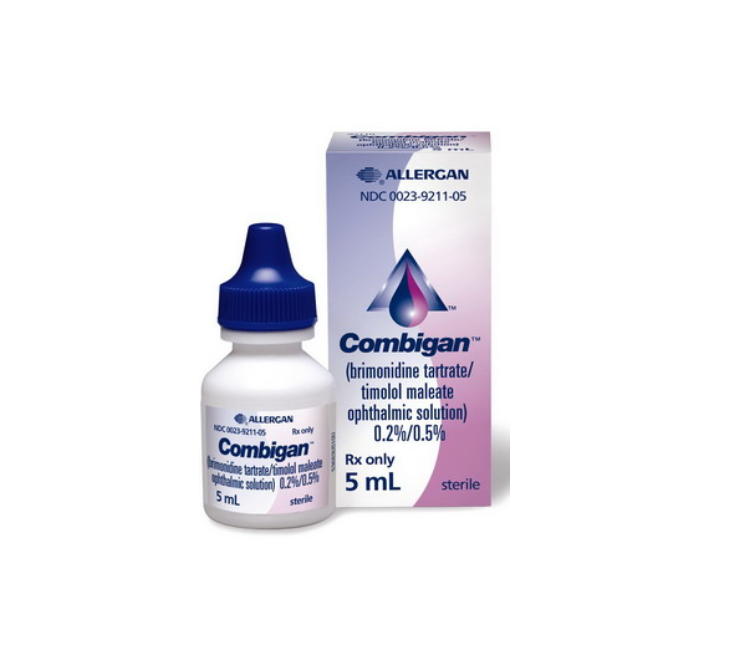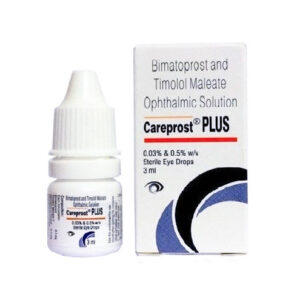Brimonidine and Timolol Information
What is this drug used for?
• It is used to treat glaucoma.
• It is used to lower high eye pressure.
Possible side effects
Brimonidine and Timolol may cause side effects. Tell your doctor if any of these symptoms are severe or do not go away:
• Eye irritation.
• Itching.
• Burning.
• Stinging.
• Feeling sleepy.
Some side effects can be serious. If you experience any of these symptoms, call your doctor immediately or get emergency medical treatment:
• Signs of an allergic reaction, like rash; hives; itching; red, swollen, blistered, or peeling skin with or without fever; wheezing; tightness in the chest or throat; trouble breathing, swallowing, or talking; unusual hoarseness; or swelling of the mouth, face, lips, tongue, or throat.
• Change in eyesight, eye pain, or very bad eye irritation.
• Shortness of breath, a big weight gain, or swelling in the arms or legs.
• Slow heartbeat.
• A heartbeat that does not feel normal.
• Chest pain.
• Dizziness or passing out.
• Trouble breathing.
• Muscle weakness.
Medication Safety Issues
Sound-alike/look-alike issues:
Combigan may be confused with Combivent, Comtan
Storage and Stability
Store at 15°C to 25°C (59°F to 77°F). Protect from light.
Adverse Reactions
Percentages as reported with combination product. Also see individual agents.
>15%: Central nervous system: Drowsiness (children 25% to 83%)
5% to 15%: Ophthalmic: Allergic conjunctivitis, burning sensation of eyes, conjunctival hyperemia, eye pruritus, follicular conjunctivitis, stinging of eyes
1% to 5%:
Cardiovascular: Hypertension
Central nervous system: Depression, foreign body sensation of eye, headache
Dermatologic: Erythema of eyelid
Gastrointestinal: Xerostomia
Neuromuscular & skeletal: Weakness
Ophthalmic: Blepharitis, blurred vision, corneal erosion, dry eye syndrome, epiphora, eye discharge, eye irritation, eye pain, eyelid edema, eyelid pruritus, superficial punctate keratitis –






